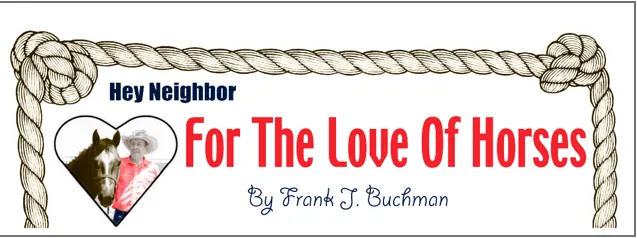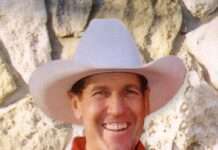When he worked in Washington, Bob Dole was an enduring presence for Kansas as a member of the House (1961-69) and in the senate (1969-’96). On committees he became a ranking minority member or chairman, depending which party was in power and for years was the senate Republican leader, including as majority leader, a position often described as the second most powerful office in Washington.
In the 1980s and ’90s, Dole was among the capital’s power elite but was reserved about his status and remained Kansas connected.
In the 1970s as a reporter I wrote about his work. In the ’80s and ’90s, as an editor, I disagreed with him on numerous issues. Dispute happened in the process of governing and an editor’s commentary may seem rough-edged, but the public quarrels were never personal. Dole was among the capital’s power elite. He moved in high circles but realized the value in staying connected in Kansas.
He sometimes telephoned local editors from Washington late in the afternoon, usually on Fridays, to take the pulse of a place, ask what was on people’s minds. When he was in Kansas he often stopped at newspaper offices to visit, especially with editors prone to argue with him. He believed it never hurt to stay acquainted. The phone calls continued, the visits went on.
Even after his death this month at age 98, Dole evokes that time when he seemed imperishable. He was always hatless, standing in the wind and weather of political circumstance, impatient with the outer dress of political scripts and talking points and “messaging”. No matter that, he would say, there’s work to be done.
*
In February 2018, Dole was honored with the Gold Medal of Congress, the institution’s highest civilian honor. The ceremony presented a chilling contrast – a wizened and renowned leader, evincing an institution he had led with keen pride, against a senate now divergent, shriveled, unresponsive. At the time, Dole was 94, gaunt and frail and wheelchair-bound, and yet he carried a radiant history, of an era when Congress was an institution of accomplishment and potential.
In Dole’s time and before, Congress moved on the agenda of the majority party. At times it compromised with the minority to seek accommodation and transformation in a divided country. At the medal ceremony, Dole was in magnificent contrast to a Congress that has become a tarnished heirloom.
In 2016 at a forum in Lawrence, Dole said, “Kansas sent us to Washington to do a job, not call each other names.” It was one of the last times he spoke at length in public. An overflow crowd had come to the Dole Institute at Kansas University to hear from him and another former senator, Nancy Kassebaum. They were of the prior generations, legislators who took seriously the complexities of democracy and discipline, when public service demanded more than a primal urge to prevail.
*
Dole’s record is long, from the 1950s as a county (Russell) attorney and state legislator, eight years in the U.S. House and after that the Senate from 1969-96. He was the chamber’s Republican leader for more than 20 years, and was twice majority leader (1985-87 and 1995-96). He had run for vice-president (1976, with Gerald Ford), and twice for president, in 1980 and 1988. In 1996 he left the Senate to become the Republican nominee for president and lost to Bill Clinton.
Dole’s appeal to citizens and legislators and his commitment to service stretched over the nation and much of the globe. For the reasons he appealed to Kansans he appealed to others. We had to share him.
The conservative Dole worked with the liberal Hubert Humphrey, a Minnesota Democrat, to secure federal entitlement for school lunches. He joined George McGovern to expand the food stamp program (Both efforts appealed to Kansas farmers). He joined Sen. Edward Kennedy to draft and then secure votes for the Americans with Disabilities Act; Dole, a former champion of both the civil rights and voting rights acts, worked with Democrats for the Martin Luther King holiday. Dole’s thinking often ran counter to mine, but he did work for measures that gave our nation lift, helping citizens and communities to have better lives.
As he saw it, his mission was to improve lives rather than to control or dominate them, to put public interest above self preservation. There were differences over the route to this end, and just as the man’s acidity grew tiresome and shrill he would pull back and sling out the humor or toss something brilliant across the Senate aisle. Even his adversaries remained confident of his character and endured his judgment, even if his politics ran counter to theirs.




